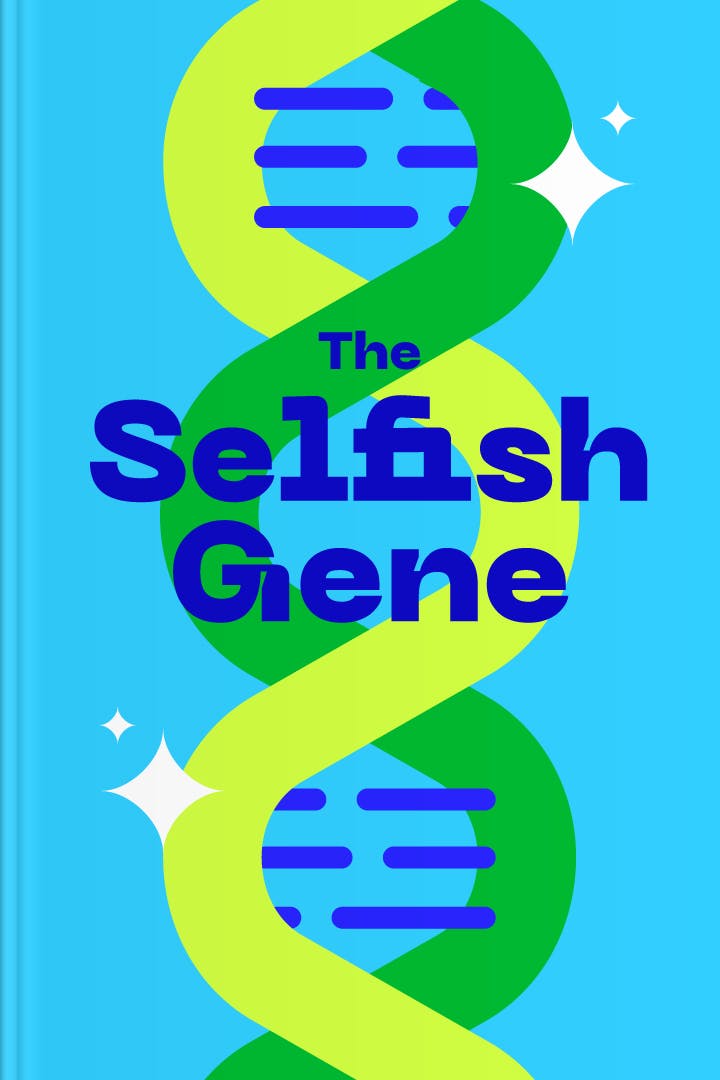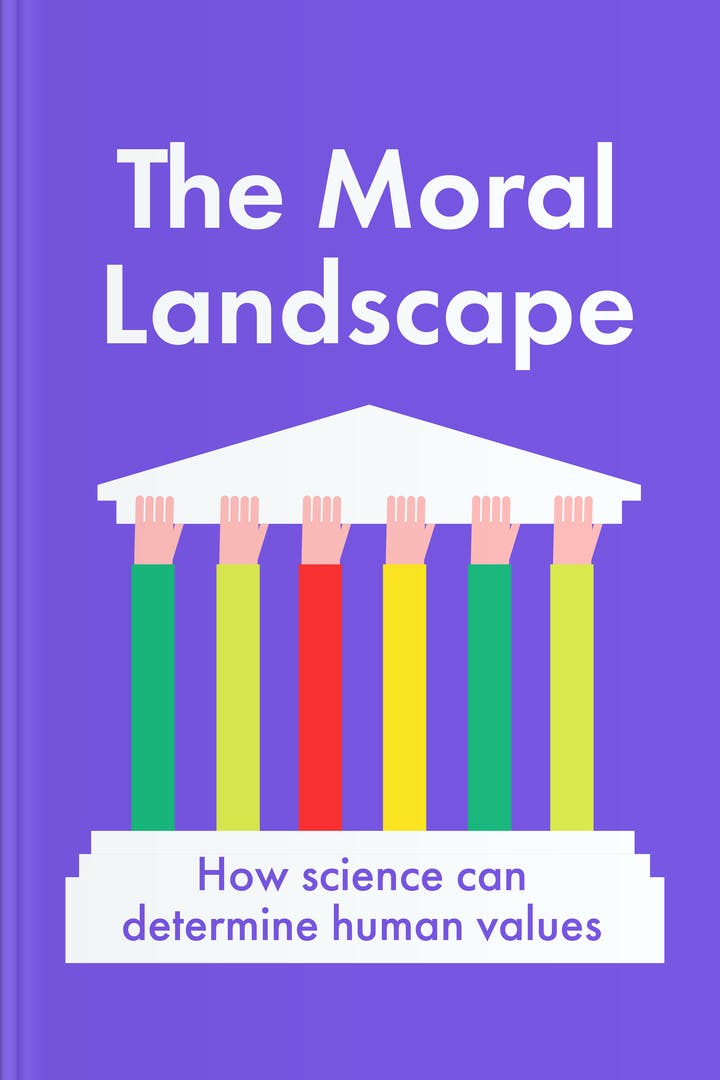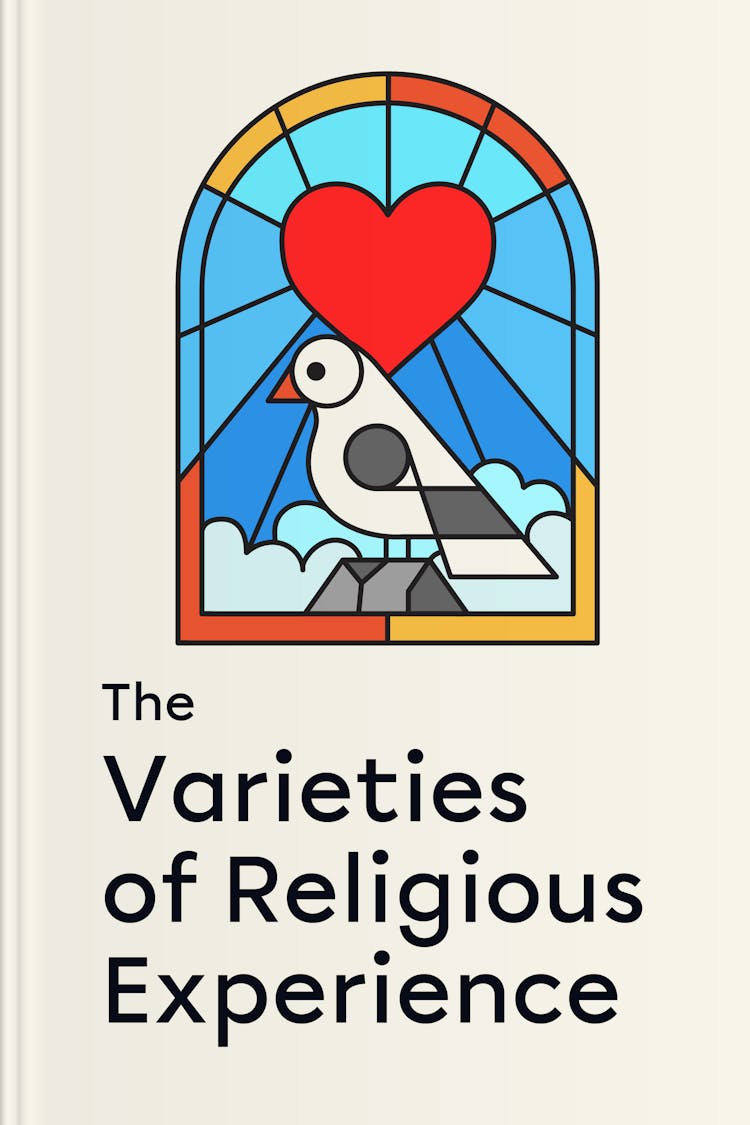3 Best Atheism Books
Discover a wide selection of thought-provoking books on atheism, exploring different perspectives and challenging religious beliefs.
 1
1The Selfish Gene
by Richard Dawkins
What is The Selfish Gene about?
"The Selfish Gene" explores the concept of evolution from a gene-centered perspective, challenging traditional notions of altruism and selflessness. Richard Dawkins delves into the intricate mechanisms by which genes ensure their own survival and propagation, ultimately shaping the behavior and characteristics of organisms. This thought-provoking book offers a captivating exploration of the fundamental role genes play in driving the evolution of life on Earth.
Who should read The Selfish Gene
Biology students seeking a comprehensive understanding of evolutionary theory.
Science enthusiasts interested in exploring the concept of gene-centered evolution.
Individuals curious about the impact of genes on human behavior.
 2
2The Moral Landscape
by Sam Harris
What is The Moral Landscape about?
In this thought-provoking book, the author explores the intersection of science and morality, challenging traditional beliefs about the separation of facts and values. Sam Harris argues that science can provide objective insights into human values, offering a framework to guide ethical decision-making. With a blend of neuroscience, philosophy, and psychology, Harris presents a compelling case for a scientific approach to understanding and shaping our moral landscape.
Who should read The Moral Landscape
Philosophers and ethicists seeking a scientific perspective on human values.
Science enthusiasts interested in exploring the intersection of morality and research.
Individuals questioning the traditional foundations of moral reasoning.
 3
3The Varieties of Religious Experience
by William James
What is The Varieties of Religious Experience about?
"The Varieties of Religious Experience" explores the diverse and profound ways in which individuals experience and interpret religion. Written by a renowned philosopher and psychologist, this book delves into the subjective nature of religious experiences, examining the psychological, emotional, and spiritual dimensions. Drawing from a wide range of religious traditions and personal accounts, the author offers a comprehensive analysis of the human quest for meaning, faith, and transcendence.
Who should read The Varieties of Religious Experience
Individuals interested in exploring the diverse aspects of religious experiences.
Scholars and academics studying the psychology of religion.
Seekers of spiritual enlightenment and understanding.
